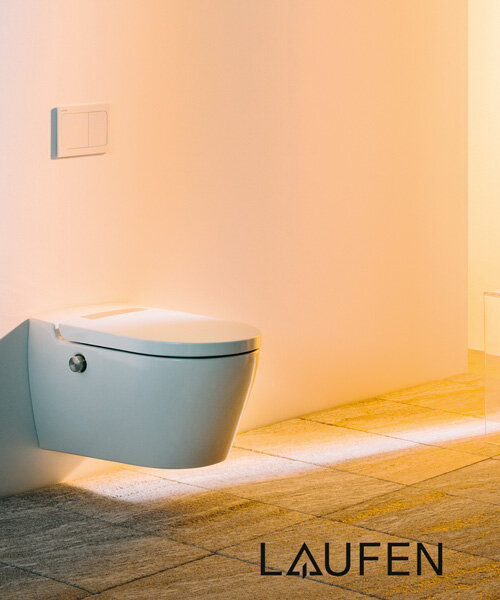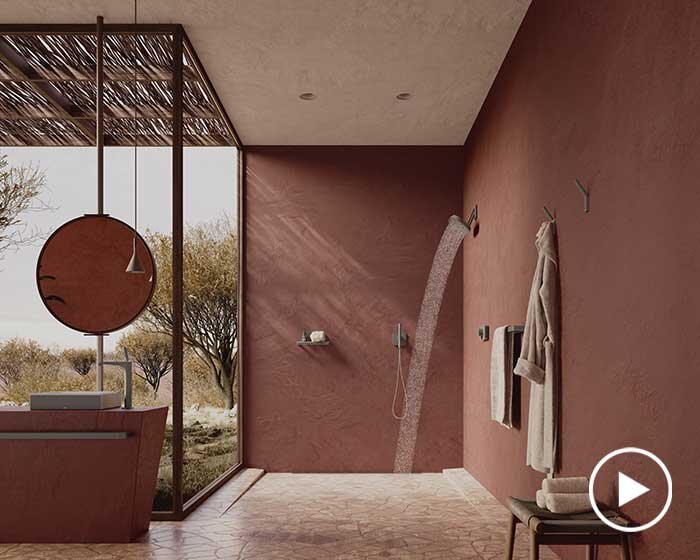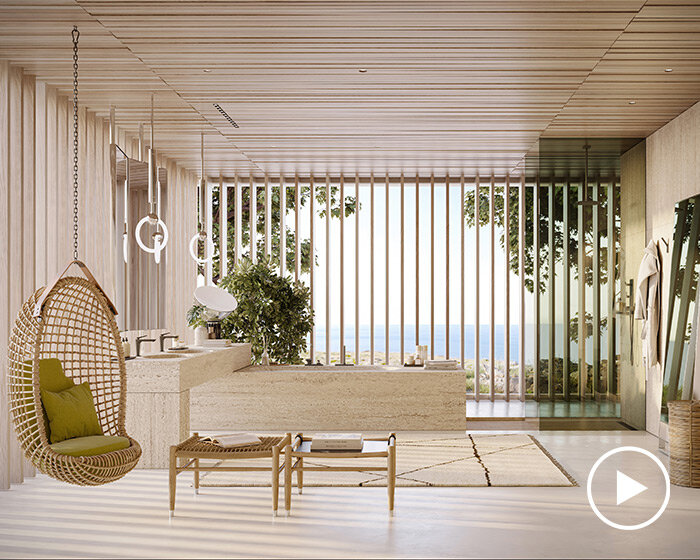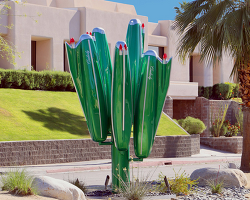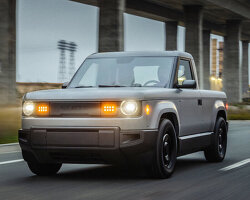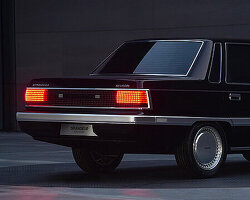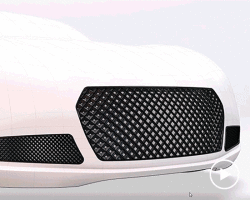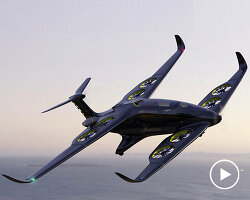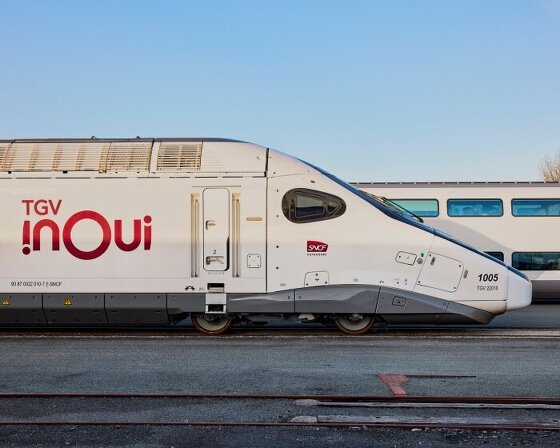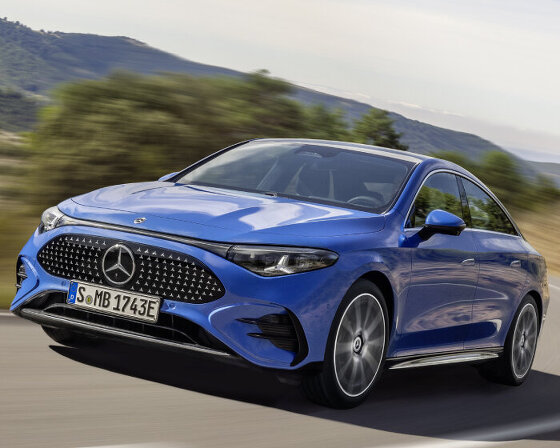hopium reveals māchina vision at 2022 paris automotive week
Debuting at the 2022 Paris Automotive Week, Hopium unveils the world’s first high-end hydrogen-powered sedan, the Māchina Vision. The high-end ‘green’ car reshapes the standards of mobility through design, technology, experience and innovative performance. With the market launch set for 2025, the French manufacturer has been using Dassault Systèmes’ 3DEXPERIENCE Cloud platform for end-to-end development, from concept to prototyping and full-scale production.
‘Today, the biggest problem in the automotive industry is emissions and how it can shift to the goal of zero. There are so many constraints as it tries to find a solution. I feel that hydrogen can solve emissions without compromise: high-end design and performance,’ begins Olivier Lombard, Founder of Hopium, to designboom.
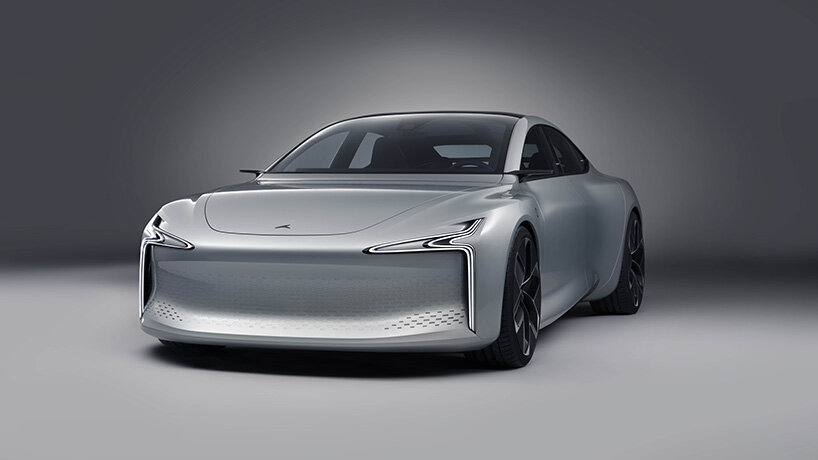
Hopium debuts the Māchina Vision at the 2022 Paris Automotive Week
All images courtesy of Hopium
Hopium was born from the mission to commercialize hydrogen-powered ‘green’ cars. Its founder, Olivier Lombard, was inspired by the idea during his professional racing experience, famed as the youngest winner of the 24 hours of Le Mans competition. The French automotive start-up showcases the potential of this emission-free energy, initially as a concept but now as the Māchina Vision which will race on to the market in 2025.
‘From my experience in the racing world as a development driver for a hydrogen racecar, I truly believe this fuel can be the future of mobility. I wondered why no one had realized this in a production car as the performance is amazing. That is why I founded Hopium as the first high-end hydrogen-powered car manufacturer,’ adds the Founder.
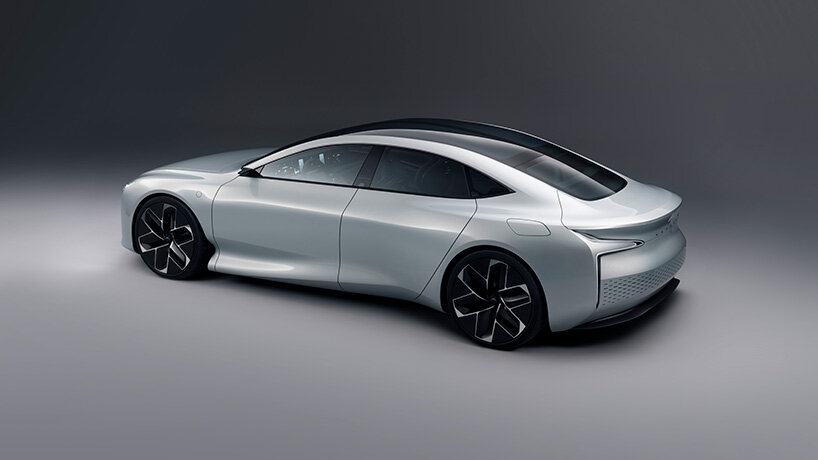
The sleek sedan has an athletic yet elegant silhouette thanks to its seamless back
athletic yet elegant exterior design
Penned by Head Designer Felix Godard, the Hopium Māchina Vision shapes a sleek sedan that has an athletic yet elegant silhouette thanks to its seamless back. The kinetic grille, together with the ascending fuselage, sculpts its fast appearance but actually serves to optimize both aerodynamics and cooling for the fuel cell system. At the front, its light signature undulates as if waves on the water.
‘The design of the Māchina Vision is organic, athletic and elegant. From an aesthetic point of view, the exterior does not feel cold or too technological. There is a fluidity that is unique,’ explains Felix Godard, Head Designer at Hopium.
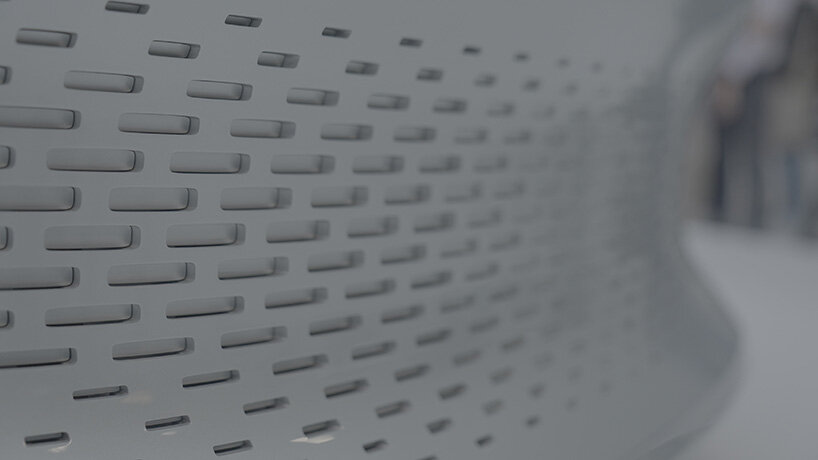
The kinetic grille serves to optimize both aerodynamics and cooling for the fuel cell system
interior and interface design
Inside, the combustion-free structure immediately offers passengers more space. The cabin is comfortable and ever more airy thanks also to its use of an unparalleled sky view. A haptic console creates a new sensory connection between user, interface and machine. A pillar-to-pillar display showcases a digital landscape of information that invites driver and passengers to discover and engage.
‘There is different, free and seamless charisma with the car’s design. The interior re-imagines a car’s cabin through simplicity. We have created a new way of interacting with the vehicle, which is very sensory using haptic technology,’ comments Olivier.
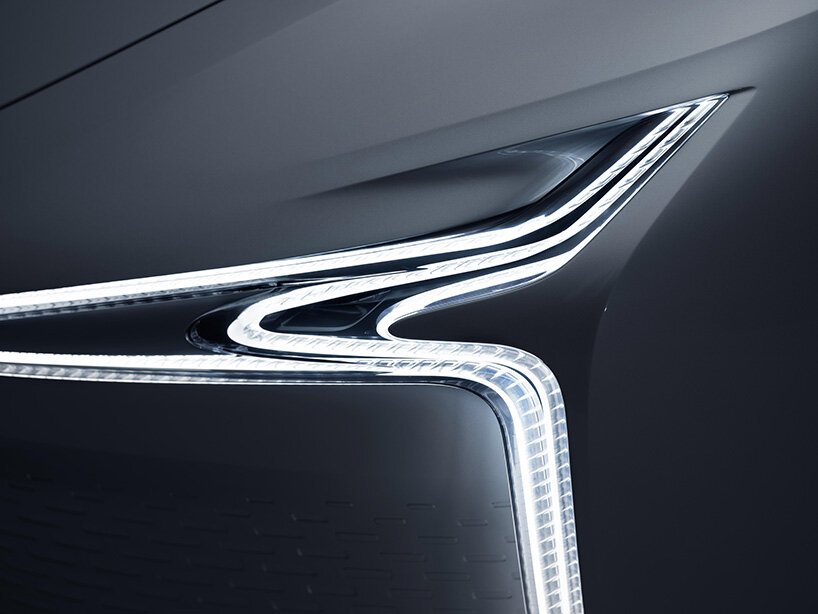
At the front, its sculpted light signature undulates as if waves on the water
The car has impressive performance numbers to match its cutting-edge design. Its integrated fuel cell system delivers 500 hp, a top speed of 143 mph (230 km/h) and a range of more than 620 miles (1,000 km) while emitting nothing but water. Energy can be refilled in record-breaking time in just three minutes.
‘The Māchina Vision disregards range constraints and delivers a high level of power, less than five seconds from 0 to 100 km/h, and charging in three to four minutes,’ confirms the Founder.
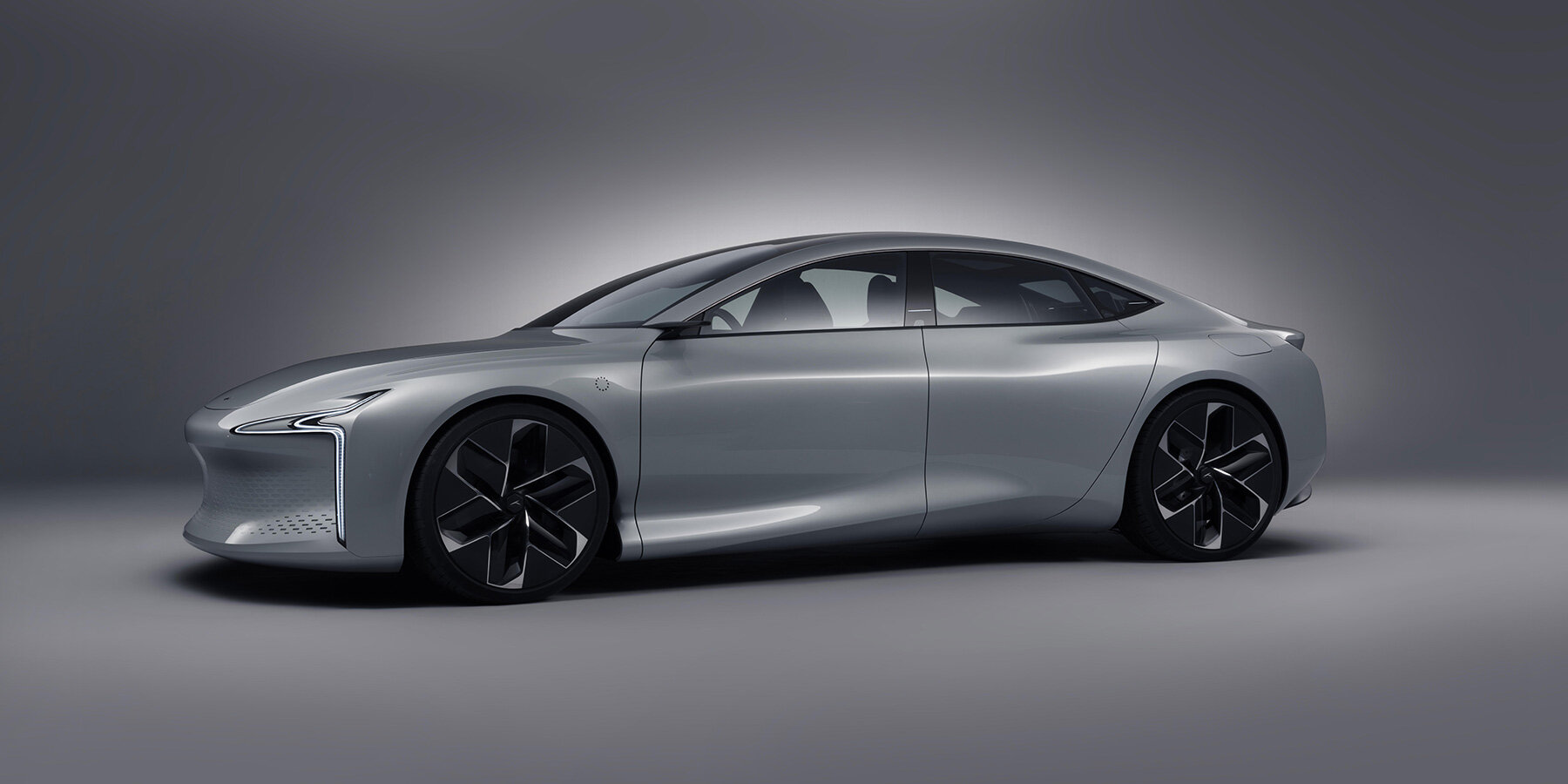
The hydrogen car delivers 500 hp, a top speed of 143 mph and a range of more than 620 miles
end-to-end innovation of 3DEXPERIENCE platform
Felix and his team of designers, engineers and modellers used Dassault Systèmes’ 3DEXPERIENCE Cloud platform to design, develop and prototype the Hopium Māchina Vision. The platform offers an end-to-end innovation environment, meaning all knowledge and design decisions are taken on a single data model, from ideation and prototyping through to production. It also provides a suite of virtual creative tools so that digital reviews and simulations by designers and other stakeholders could be completed. This could be achieved any where in the world as the data is on the cloud – only an internet connection is required.
‘The platform was really helpful as designing a car is utterly complex. The vehicle architecture is key to fit the performance and function but also the actual form. We need to manage all these complexities at the same time: exterior design, interior design, interface design, component design and more,’ clarifies the Head Designer.
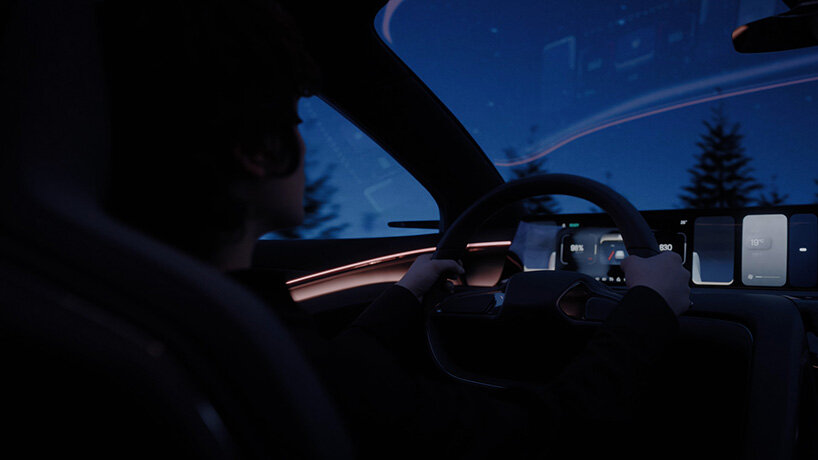
Inside, the combustion-free structure immediately offers passengers more space
With design, engineering and simulation applications integrated, the Hopium Māchina Vision has been designed completely on the 3DEXPERIENCE Cloud platform. CATIA leapfrogged stages to accelerate processes and overall efficiency as the idea moved towards prototyping and now full-scale production. The first fully functional prototype was created in just eight months.
‘Using the 3DEXPERIENCE Cloud platform benefitted us with more time. There is always a very short timeframe for commercializing a product for the client. We don’t have time to lose on the engineering processes, for example. The platform provides a solution where everybody can collaborate at once. This gave us a lot more time to focus on other topics,’ notes Olivier Lombard, Founder of Hopium.
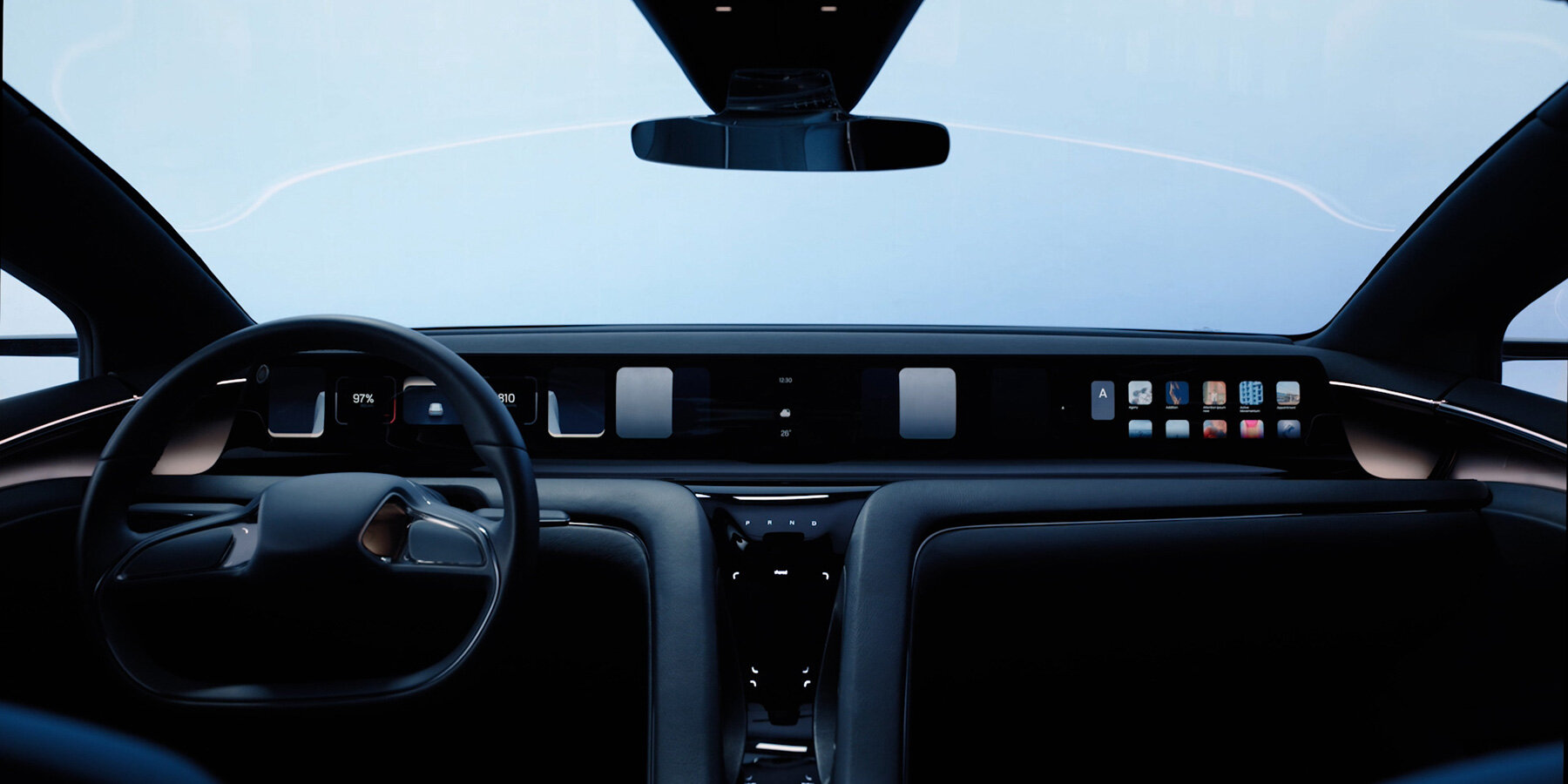
A pillar-to-pillar display showcases a digital landscape of information that invites driver and passengers to discover and engage
production and portfolio expansion
Dassault Systèmes’ ENOVIA tool aids the product lifecycle management of the Māchina Vision. Its comprehensive capabilities focuses on business applications in different industries, analyzing material requirements, IP protection and more. This supports the transition from engineering to production so that the car complies with industry regulations. As well, the tool can be used to plan the strategy as Hopium plans to increase its product portfolio in the future.
‘The management of the lifecycle of the product will become more and more key as we develop variants of the vehicle. We currently have our first car but we are also building an offering strategy to look into the years ahead,’ concludes Felix Godard, Head Designer at Hopium.
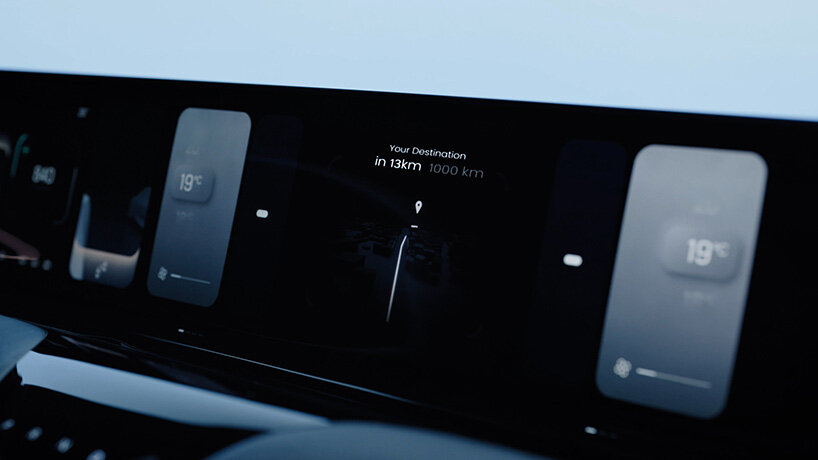
A haptic console creates a new sensory connection between user, interface and machine
Set to hit the market in 2025 and the road soon after, Hopium continues testing its prototypes as the dream of its founder, Olivier Lombard, moves towards reality. The world’s first high-end hydrogen-powered sedan is soon to reach full-scale production. The French start-up has started receiving orders since the 2022 Paris Automotive Week.
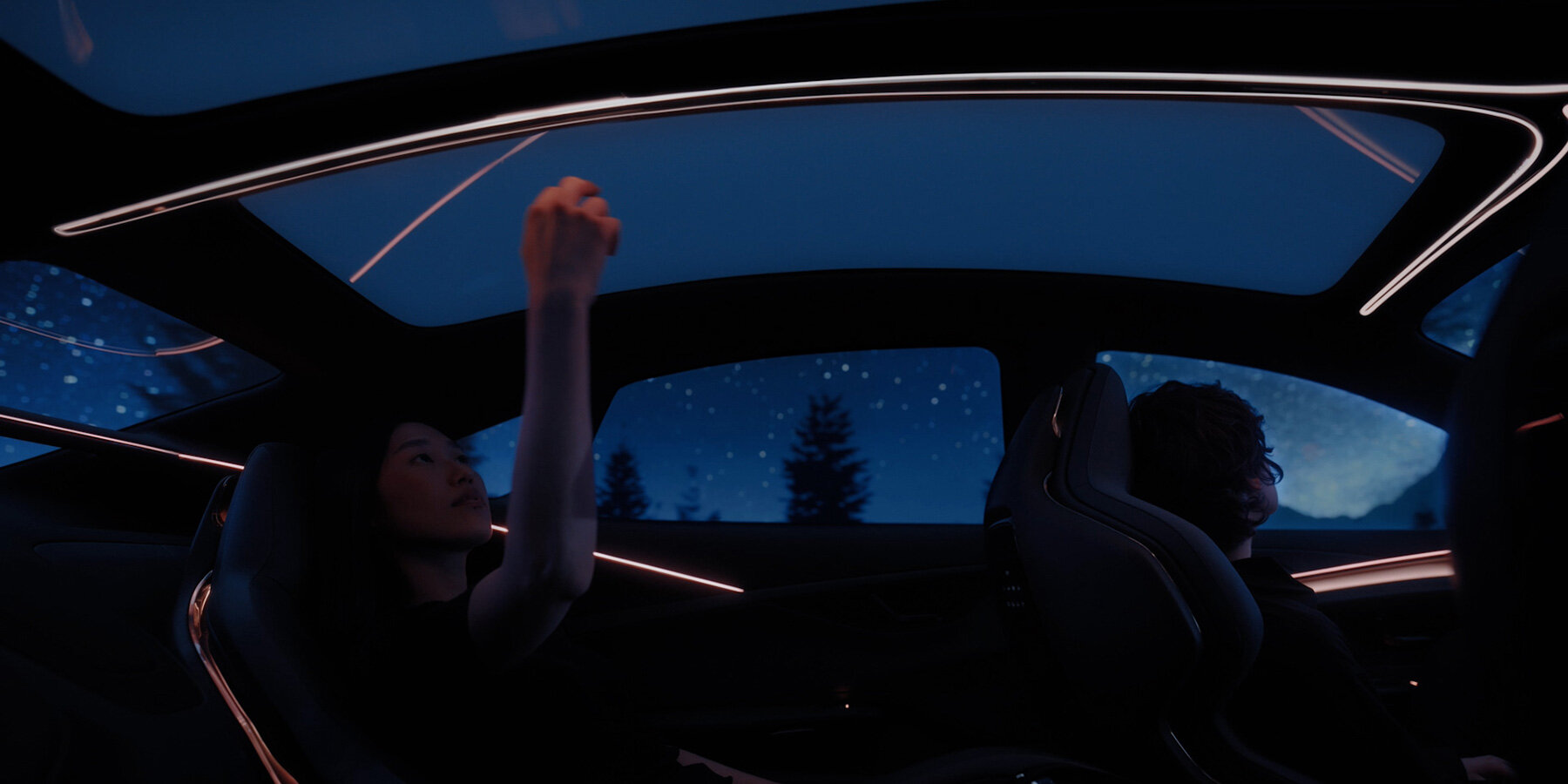
The cabin is comfortable and ever more airy thanks also to its use of an unparalleled sky view
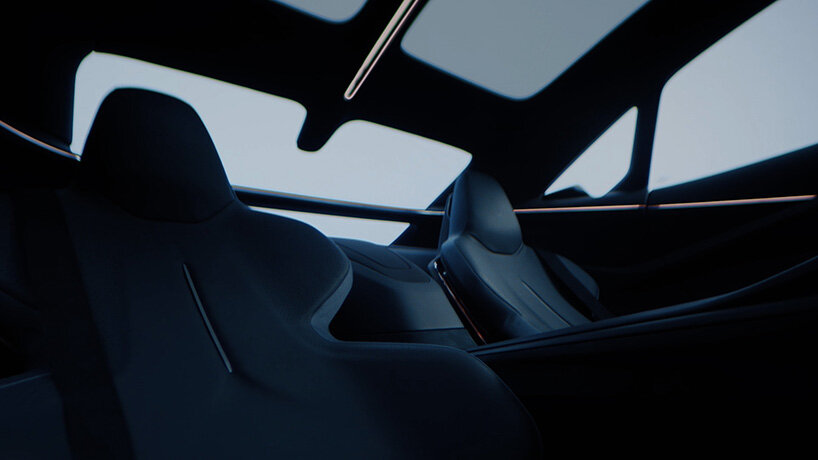
The Hopium Māchina Vision was developed end-to-end on Dassault Systèmes’ 3DEXPERIENCE Cloud platform
project info:
brand: Hopium
model: Māchina Vision
debut: Paris Automotive Week
developer: Dassault Systèmes
platform: 3DEXPERIENCE Cloud platform
